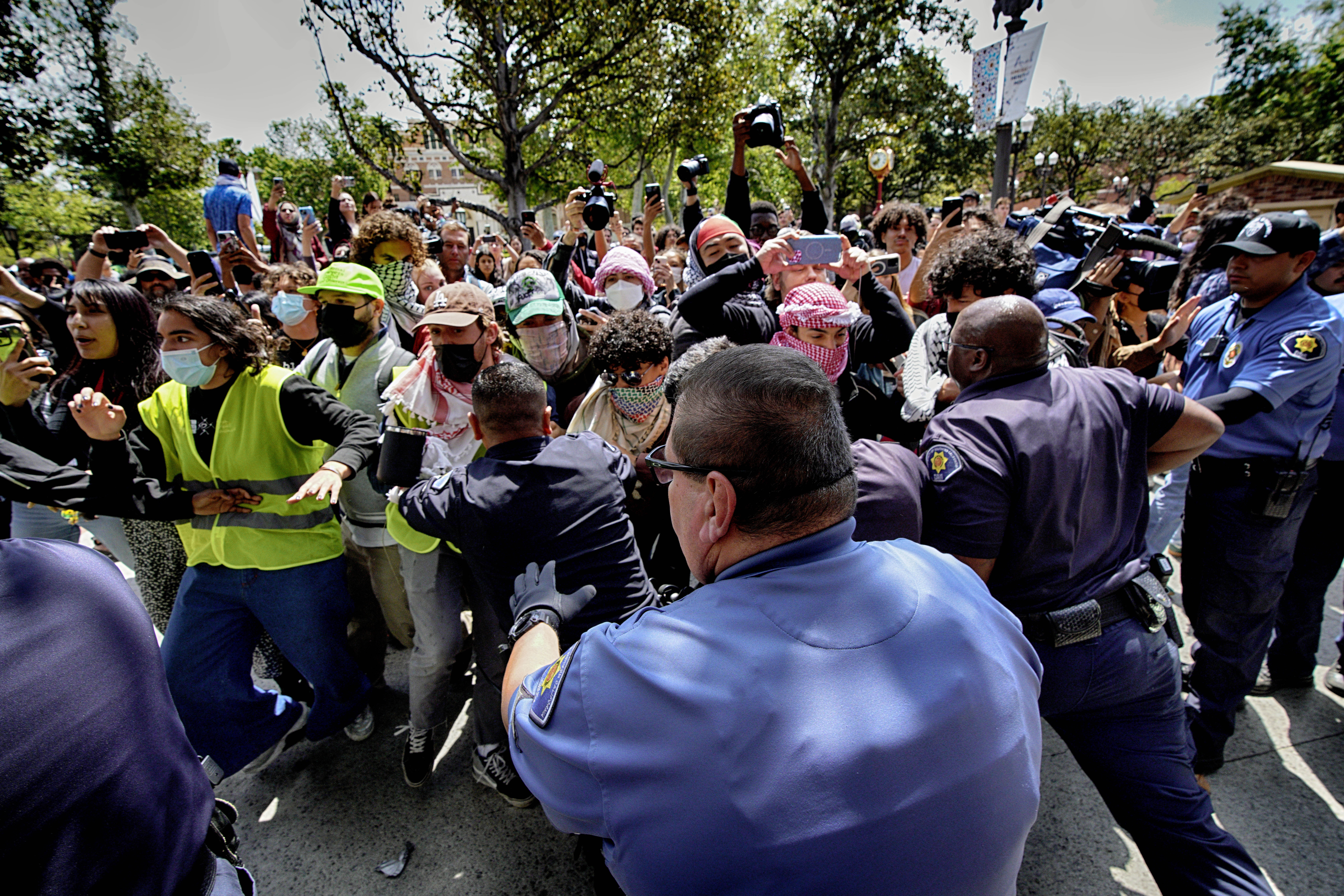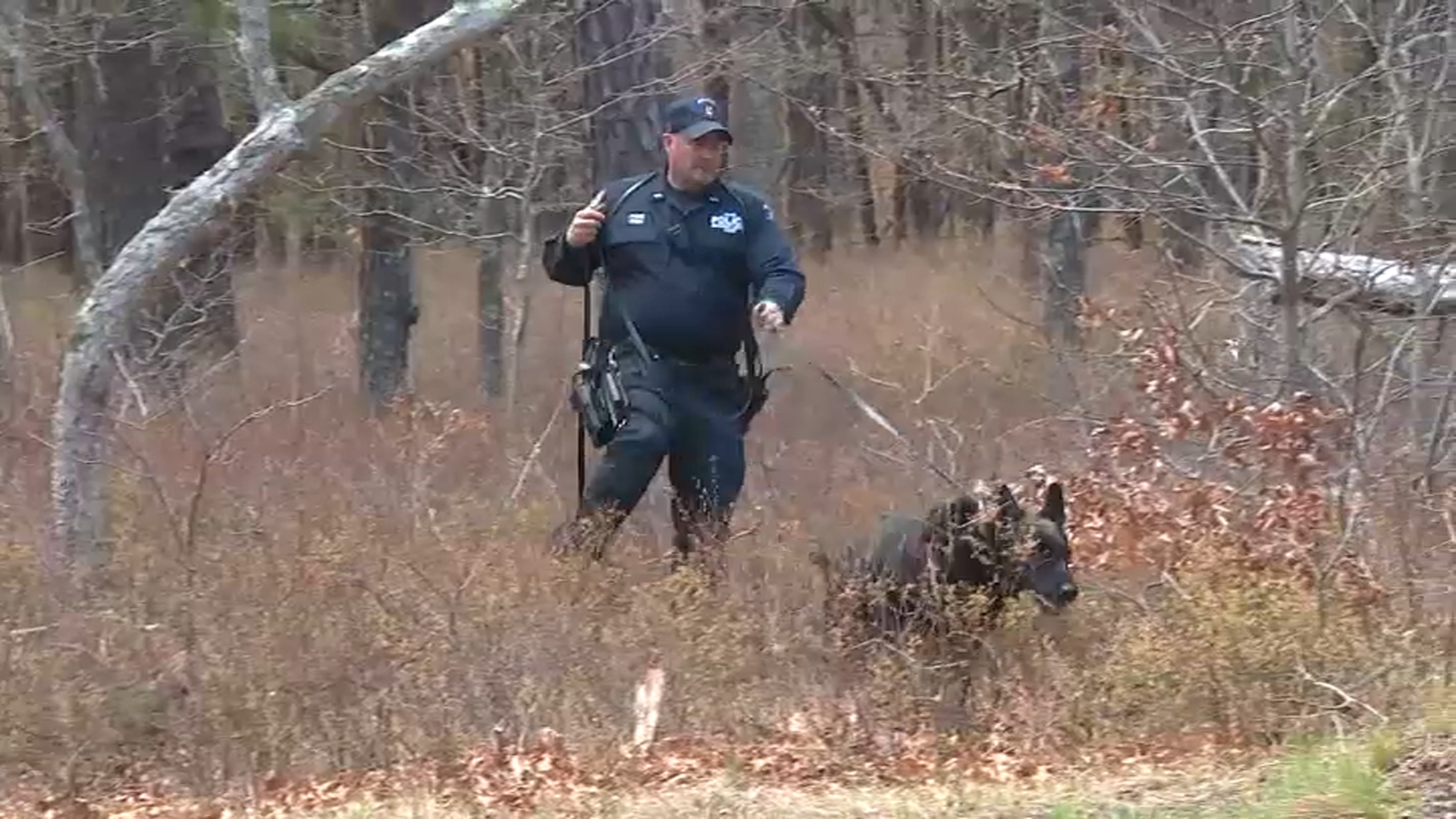What to Know
- Private and public universities across the tri-state are plotting the next steps on whether to require a COVID booster shot for students and faculty as the omicron variant spreads.
- Many schools that spoke with NBC New York are watching but prepared to adjust protocols, particularly as what it could mean to be considered "fully vaccinated" may change.
- The percentage of people in New York City testing positive for COVID-19 doubled in three days this week, and a top advisor to Mayor Bill de Blasio said it was an indication of the omicron variant evading immunity in a way the virus never had before.
Private and public universities across the tri-state are plotting the next steps on whether to require a COVID booster shot for students and faculty as the omicron variant spreads.
Wesleyan University is a private liberal arts school in Middletown, Conn. It was one of the first institutions in the northeast to make the call to require the booster before entering the spring semester.
To Wesleyan President, Micheal S. Roth, the decision was not a hard one, especially after requiring COVID vaccination for the fall semester. Roth says one university trustee privately told him to continue the COVID vaccination protocol in the spring semester and suggested including the booster requirement.
Get Tri-state area news and weather forecasts to your inbox. Sign up for NBC New York newsletters.
Roth could not think of another reason to not continue the previous campus mandate, particularly when thinking about the surrounding Connecticut community. He likened the situation to secondary smoking in class.
"The community issues seem clear. When I was a student at Wesleyan 40 years ago, you could smoke in class. At some point, someone said you shouldn't smoke in class. I said it's my right. But, there are other people. If I'm not boosted, then other people are in danger. That made it easy for us to say, we should be boosted," Roth told NBC New York.
Syracuse University shared similar feelings on community safety when tracking the rise in COVID cases in Onondaga County, New York, an area that just found its first omicron case earlier this week.
The county falls under a CDC high transmission area, with over an 8% positivity rate and just under 74% of the population vaccinated, according to Thursday data.
"By coincidence, I study decision-making uncertainty for a living. The entire pandemic experience has been a case study in having to make important decisions in the face of inherent uncertainty," said Mike Haynie, Vice Chancellor for Strategic Initiatives and Innovation at Syracuse University.
Haynie hopes to welcome over 20,000 students next year with a booster requirement for those eligible. He says the university has a certain degree of freedom as a private institution when it comes to the booster requirement but believes more schools will do the same.
New York University announced on Tuesday afternoon that they will be starting a COVID booster mandate across campus by January 18, 2022.
This update came a day before NYU decided to move current finals online, close campus facilities, and cancel gatherings after a "sharp acceleration" in the rate of COVID cases.
Princeton University and Cornell University made the same decision to move finals off-campus and close facilities as the omicron variant began increasing in "significant" numbers.
Princeton is now requiring a booster for spring, but Cornell has yet to announce a mandate for next year.
Many schools that spoke with NBC New York are watching but prepared to adjust protocols, particularly as what it could mean to be considered "fully vaccinated" may change.
News
"We are relying on what has worked for our campus, so far. Consulting very closely with our colleagues from Northwell Health and other guidance to make sure that, when we return to the spring semester, we see what our community rates are like, what our guidance is, and we would be prepared to change as we have," said Jean Peden-Christodoulou, the senior associate vice president for student affairs at Hofstra University.
Hofstra University, Rutgers University, Long Island University, and The New School all are encouraging their students and staff to get the booster.
Representatives for CUNY and SUNY did not return an email seeking comment before publication.
Two factors come into play behind the scenes: staff and time. These are two main concerns that most colleges are grappling with when and if the decision comes to require boosters.
A promising sign for several universities is the uptick in students returning to in-person classes, activities, and residence halls since the pandemic forced changes last fall.
Most academics believe it is due to the yearning for these young adults to be together again.
Hofstra University restored many of the students who had chosen to live off-campus last year, returning to almost pre-pandemic levels. Wesleyan University saw more acceptance than expected during this semester's admissions process.
For New Jersey City University, shutting down residence halls was not an option during the course of the coronavirus pandemic. These students mostly do not work on 9 a.m. to 5 p.m. schedules, balancing class and family life.
"For NJCU, we are a minority-serving institution, and we have a lot of Black and Brown staff members, so not just our student communities but our families and friends at NJCU are affected by Covid. They're taking care of family members and multi-generational in many households," said Dr. Jodi Bailey, Vice President for Student Affairs at New Jersey City University.
New Jersey City University is watching CDC guidelines and awaits further instruction from N.J. Gov. Phil Murphy on whether to require the booster. NJCU provides all unvaccinated employees with counseling on the Covid vaccine.



